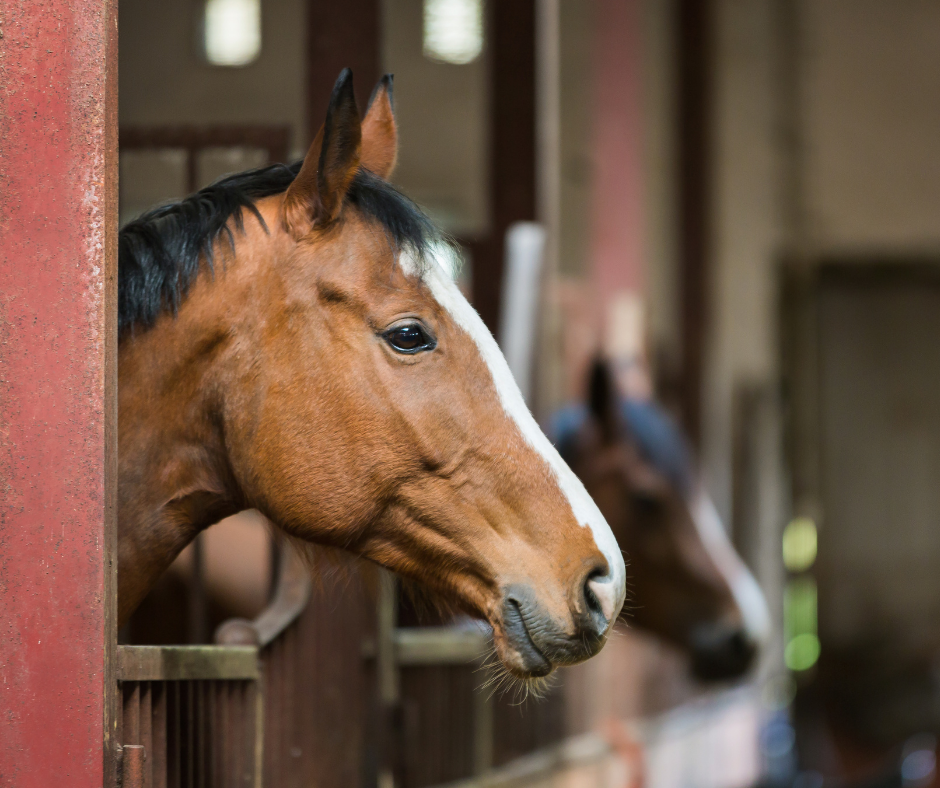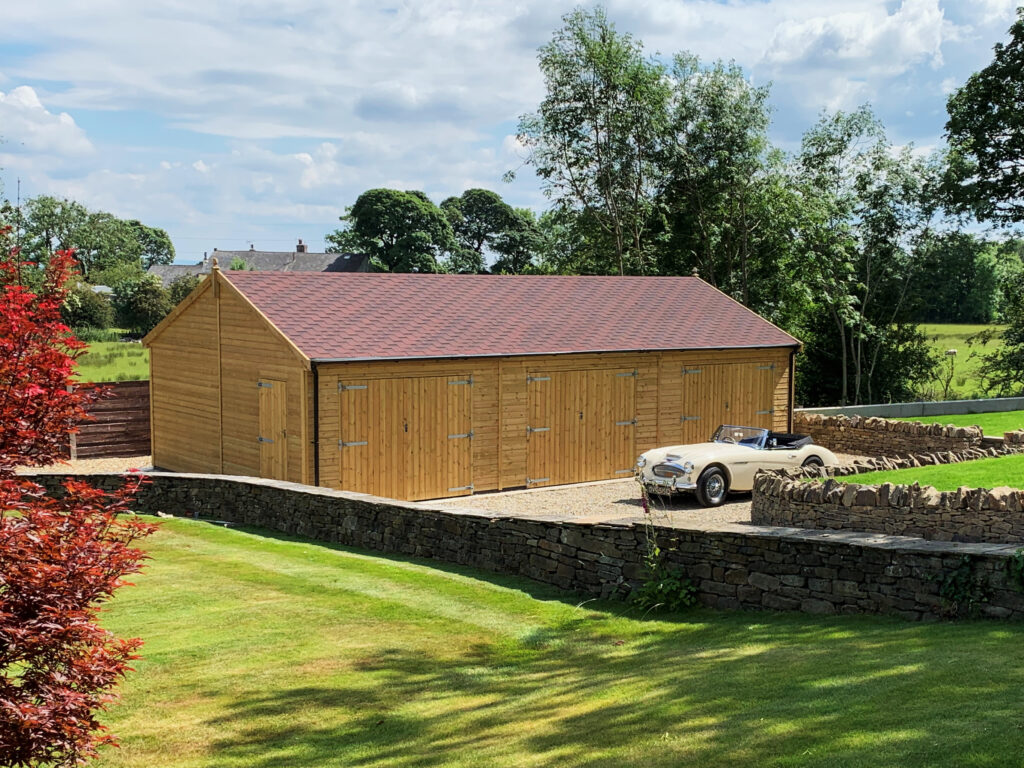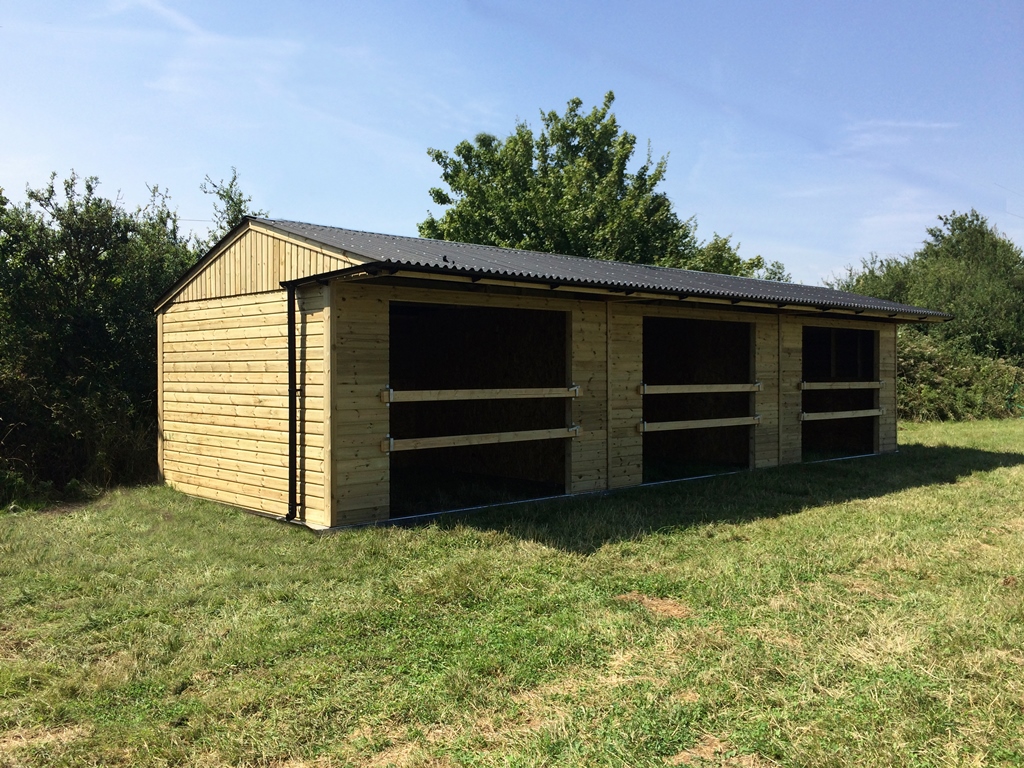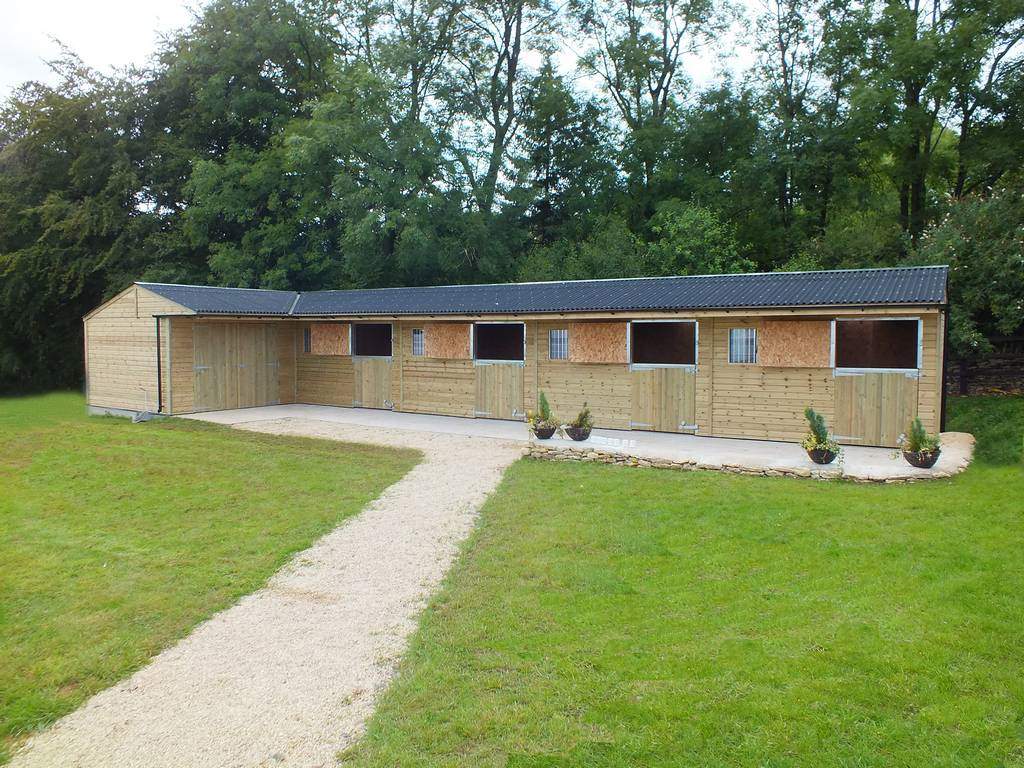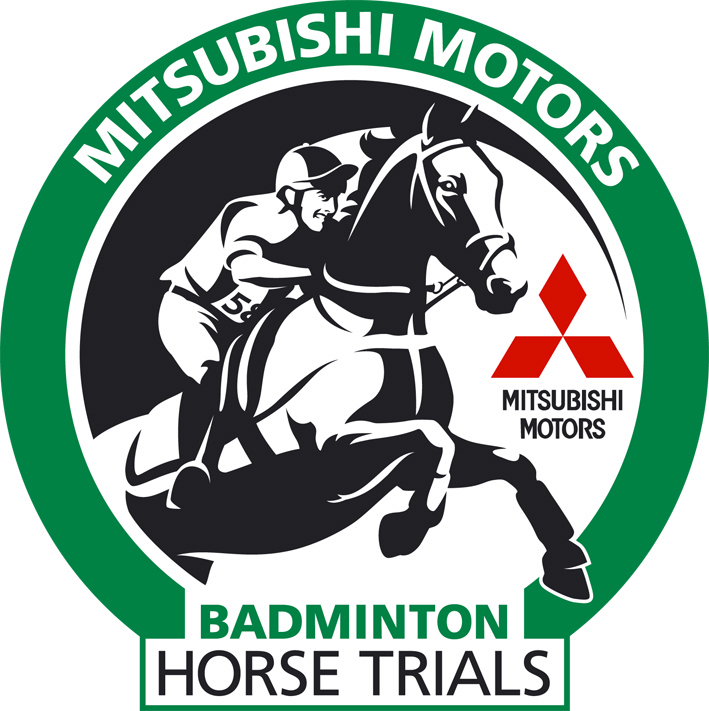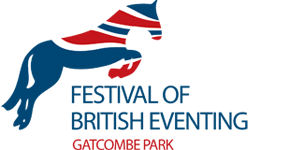Flies can be a nuisance and a threat to our horse’s wellbeing. They carry numerous diseases and bacteria which can be equally harmful to our horses and us. According to the world health organisation, flies are responsible for at least 65 transmittable diseases. Some diseases which can be carried by flies to horses include equine infectious anaemia (EIA) also known as swap fever, black fly dermatitis, and more.
Unfortunately, factors such as certain weather types and poor stable/barn conditions are likely to attract flies as well as encourage reproduction. This can be very unpleasant and irritating.
In this article, we look at some of the most effective ways to prevent and control fly infestations. Before diving into prevention methods and solutions, let’s get to know our enemies a little better.
Types of Flies:
There are several kinds of flies you can expect to infest our stables and horses, some of the most common ones are:
1. House Fly: House flies do not bite, but they do sponge up food from living animals through wounds, salvia, and eye secretions as well as dead animals and other organic wastes. They peak usually around late July or early August.
2. Stable Fly: Stable flies feed three times per day, and their population usually peaks during early summer. These flies are known to give a painful bite and hang around the eyes and lower limbs of horses.
3. Culicoides (biting midge): These flies are known to bite and inject saliva, which can cause an allergic reaction known as sweet itch. These bites can cause horses to severely itch, bite and scratch their skin till they damage them, causing loss of tail and mane hair, sore, open, and broken skin, and even bald patches.
4. Black Fly: Black flies are also biting flies. They usually target head areas such as ears and eyes and are known to cause the Papillomavirus.
Prevention methods:
1. Invest in a good fly protection rug cover for your horses: A simple way to prevent these flies from biting and causing distress to your horses is by buying a rug that covers your horse’s face, ears, mane, tail, and belly. These rugs can prevent insects and flies from hanging around and causing harm to our beloved horses.
2. Managing your stables: Several areas in stables may be the perfect place for fly breeding. The two main areas you should focus on are the muck heap and the stagnant water area.
Muck Heaps should be well built, covered, and densely packed to keep the temperature at the point that it kills any fly eggs and larvae. Moreover, ditches in and around the stable should be drained, and old water in troughs should be replenished often. Old buckets or containers lying around should be emptied and stored inside to avoid water from being collected.
3. Worming your horses: Using ivermectin based wormer will remove any botflies and eggs. You can also buy a specially made comb that removes botfly eggs from horses. There are several factors which you should look at before considering a dewormer such as the horse’s age, faecal egg count reduction test, and the weather. It’s best to consult with a qualified veterinary for the best recommendations.
4. Avoid taking horses on a walk or a ride at certain times of the day. Some flies are more active during dawn and dusk. It is best to keep horses inside stables during these times.
5. Use fly repellents. You can invest in good quality fly repellent in the form of a spray, cream, gels, and such. Alternatively, you can use more traditional repellents such as lavender, tea tree, and rosemary. Additionally, including garlic in horses’ diet is also rumoured to prevent flies.
6. Use fly traps. You can use several types of fly traps to reduce the number of flies around your stables. You can buy an electric flycatcher, disposable fly traps or even a simple sticky strip will do the job.
We hope these tips and methods are helpful. We understand that your horses are dear to you and looking after their health and wellbeing is an essential step towards ensuring that they live healthy and happy lives.
If you are looking for high-quality and durable mobile shelters and stables for your horses, please free to visit our website or simply give us a call on 01380 850965.
